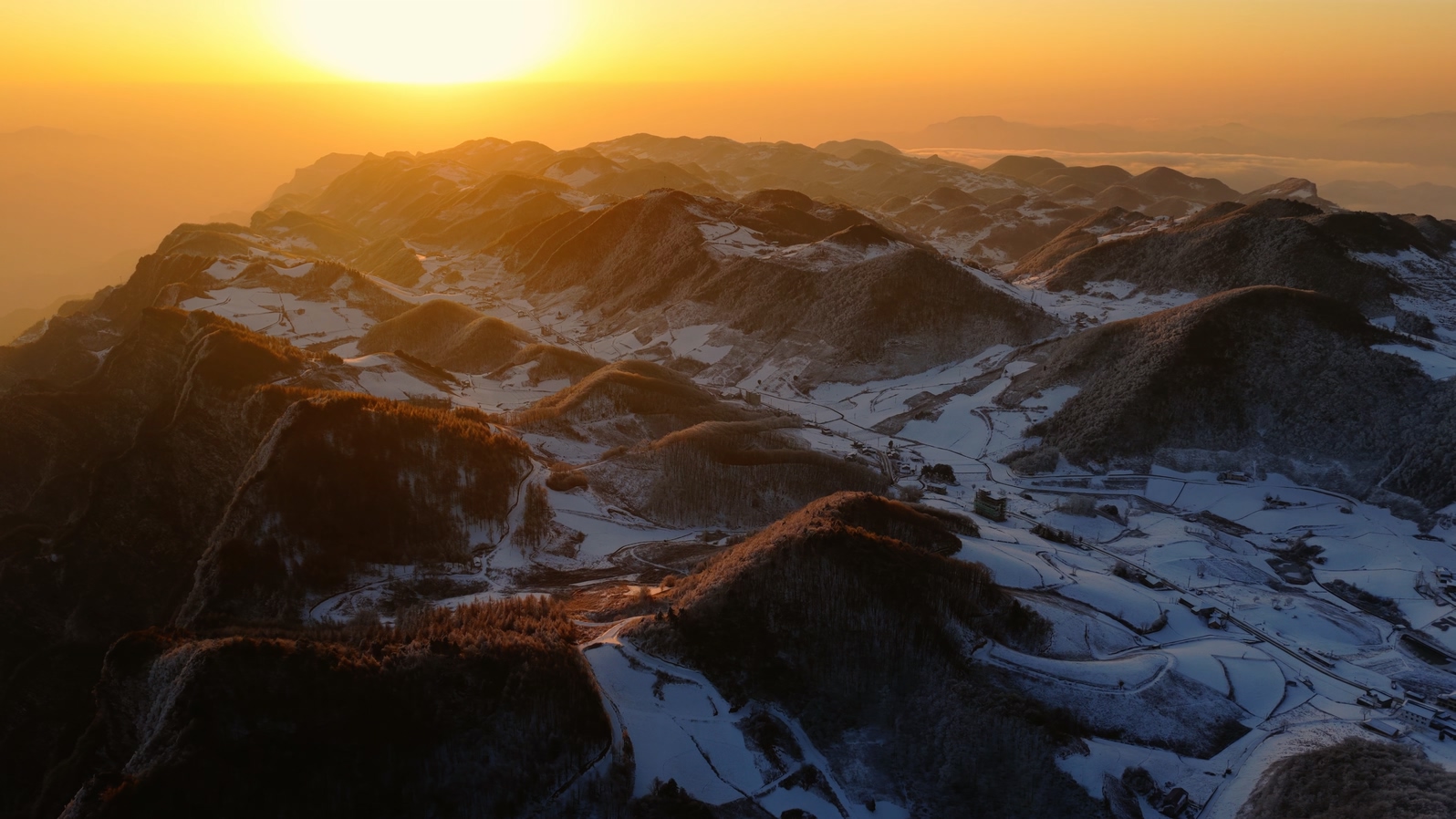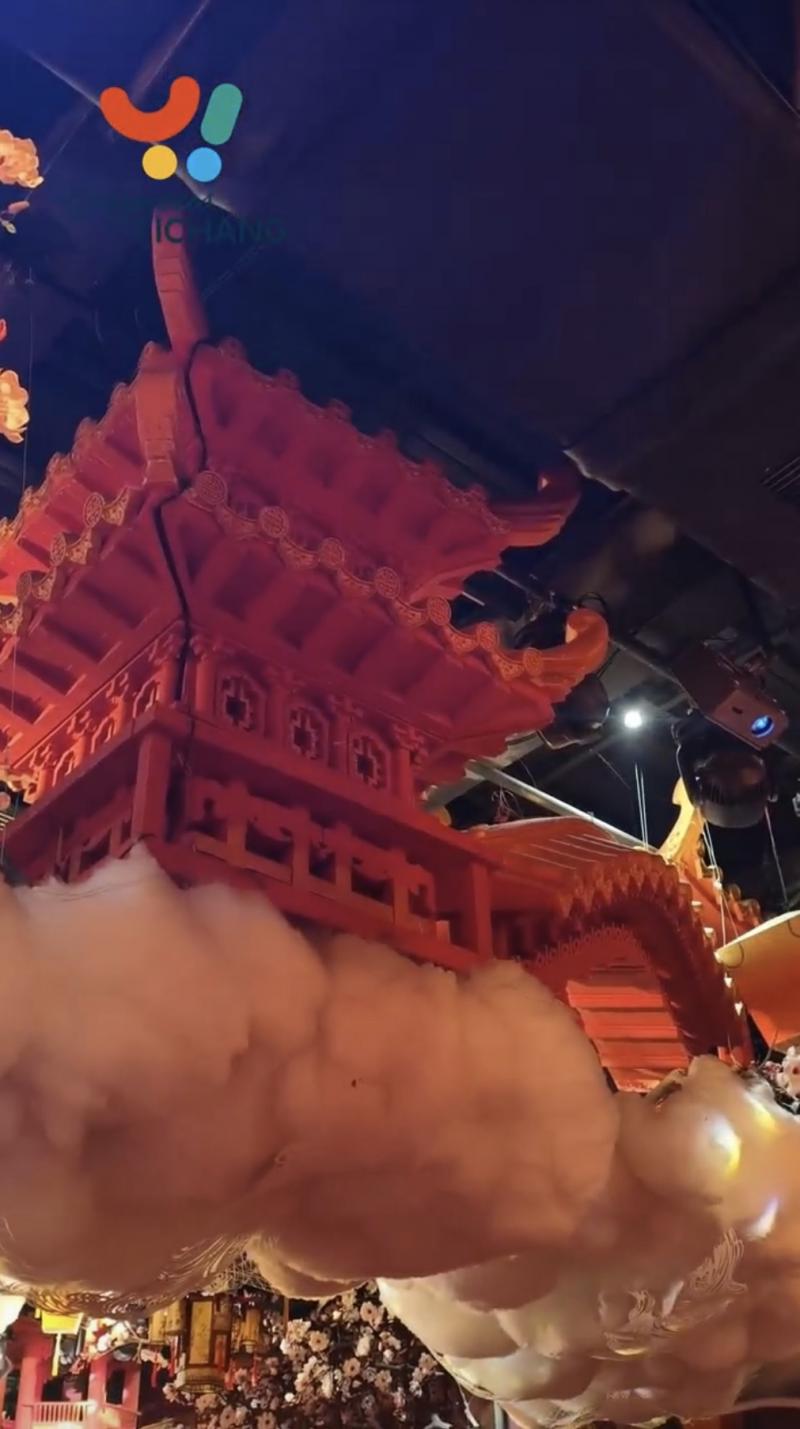Overview
Yichang is a city in the southwest of Hubei Province in the center of China. It lies at the junction of the middle and upper reaches of the Yangtze River and has long been known as the "Gateway to the Three Gorges" and the "Sichuan-Hubei Gullet". In ancient times, Yichang was called "Yiling" because of the saying: "when you arrive, the waters become peaceful and the mountains become low rolling hills". In Chinese, “Yi” can mean peaceful, while “Ling” refers to a landscape of low rolling hills. In the Qing Dynasty (1636–1912), the city was renamed "Yichang", which means "potential for prosperity".
Yichang has a long history and a rich cultural heritage. It was home to Ba and Chu Culture during the Western Zhou (c. 1045 BC – 771 BC) and early Western Han (202 BC – 9 AD) dynasties. Many famous historical and cultural figures were born here, including Qu Yuan (c. 340 BC – 278 BC), one of China’s most famous poets and patriots, and Wang Zhaojun (born c. 50 BC), one of China’s “Four Beauties”, famous for her musical and dancing talent as well as her contribution to national unity.
Modern day Yichang is home to the Three Gorges Dam Project and the Gezhouba Water Control Project, and often dubbed the "Hydropower Capital of the World". Yichang has jurisdiction over three county-level cities, five counties and five districts, covering a land area of 21,000 square kilometers. It has a permanent resident population of 3.9 million. Its GDP in 2021 was 502.2 billion yuan, a year-on-year increase of 16.8%.






